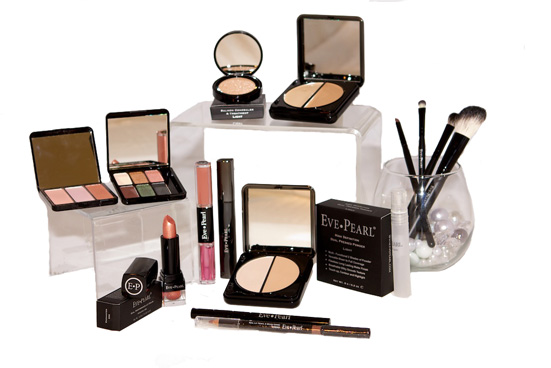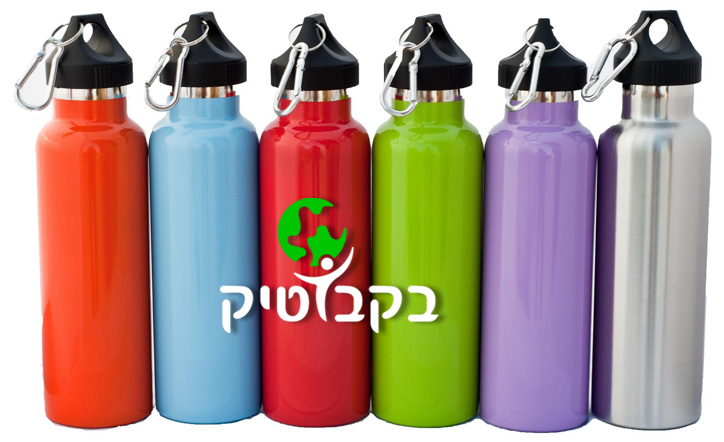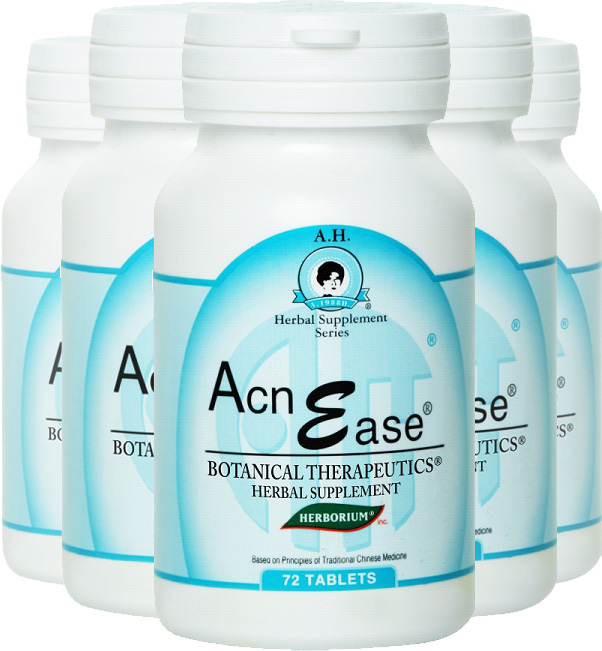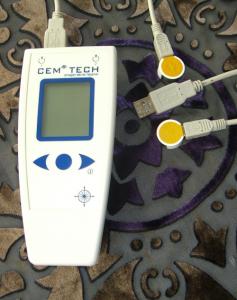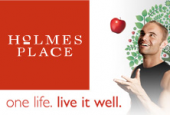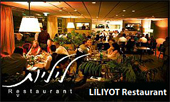What are Herbal Remedies?
Herbal remedies are substances derived from plants, which are used as a way of treating and preventing different health problems. They can come in various forms such as capsules, teas, liquid drops or skin creams. Often herbal remedies are part of alternative therapeutic approaches to healthcare, such as Ayurvedic medicine, Traditional Chinese medicine (TCM) and Western herbal
medicine.
Some may be referred to as 'supplements', typically meaning products which aim to boost your health and wellbeing in some way (such as drinking camomile tea to promote good sleep). Others may be referred to as 'medicines', typically meaning products which aim to treat, cure or prevent a diagnosed health problem (such as using St John's wort to treat depression instead of prescription antidepressants).
What Can They Treat and How do They Work?
The Royal College of Psychiatrists (RCPsych) publish detailed, reliable information on which herbal remedies are used for different mental health problems, how each remedy works, how effective it is, what side effects it can cause, and what drugs they can interact with.
How are They Different from Psychiatric Drugs?
Unlike psychiatric medication, most herbal remedies are: based on long-standing traditional use (not based on scientific research studies using clinical trials) available to buy over-the-counter without a doctor's prescription not typically offered by NHS doctors (because there is not enough reliable evidence that they are effective at treating mental health problems) licensed under a different scheme occasionally prepared bespoke for you by a herbal practitioner.
Are They Safer or Easier to Take than Psychiatric Drugs?
Some people assume that herbal remedies must be safer than psychiatric drugs, or less likely to cause side effects. But this is not necessarily true. Herbal remedies can cause side effects, and they can interact with other drugs – just as prescription drugs can. You should approach any kind of supplement or medication with equal caution (prescription and non-prescription), and make sure you have all the information you need to feel confident about your decision. If you are in any doubt about whether any medication (including a herbal remedy) is safe for you to take, seek advice from your GP or local pharmacist.
When Might They be Unsuitable for Me?
Although herbal remedies are easily available to buy without a prescription, some may not be suitable for you, or could be harmful. For example if you:
1. are pregnant or breastfeeding.
2. are taking any other medications, as they may interact badly (for example, you should never take St John's wort at the same time as any prescription antidepressant, as this increases the risk of dangerous side effects).
3. have another physical or mental health problem which could be made worse by taking a herbal remedy.
4. take too much, or don't take them as instructed on the packaging.
5. are due to have surgery (some herbal remedies can interfere with anaesthetic).
6. are buying your medication online – there are risks that the product could be fake, unlicensed or contaminated.
7. take a remedy that is not licensed. For example, there is some evidence that some unlicensed Traditional Chinese and Ayurvedic herbal medicines contain toxic levels of metals such as mercury and lead.
Bespoke Herbal Preparations
After holding a consultation with you, a herbal practitioner may make you their own herbal preparation to take. Typically these are made from different parts of plants, minerals and sometimes metals – but because these preparations are not licensed it's not possible to be sure what's in them, or in what dose.
It is important to discuss any concerns with your doctor, pharmacist or herbal practitioner. You might ask:
A. what is in the preparation.
B. how it might make you feel.
C. what side effects you should expect.
D. what you should do if you experience side effects that you were not told about.
How are They Licensed?
Most herbal products sold in supermarkets, pharmacists and health shops in the UK are licensed by the Medicines and Healthcare Products Regulatory Agency (MHRA) – the same organisation that licenses other kinds of drugs, including psychiatric medications. But herbal remedies come under the Traditional Herbal Medicines Registration scheme. Under this scheme, registration is based on the long-standing use of a plant as a traditional herbal medicine – not based on clinical trials, as prescription drugs are.
Licensed Herbal Products Should be Marked with the Registration Mark Shown Here:
This indicates that the herbal medicine is safe to an acceptable standard, provided it is used according to the instructions on the packaging. The product should also have a registration number, starting with the letters ‘THR’. Bespoke herbal remedies prepared by herbal practitioners are not licenced.
How Can I Find a Herbal Practitioner?
Herbal practitioners play an established role in 'Western herbal medicine', 'Traditional Chinese medicine' (TCM) and 'Ayurvedic medicine'. But currently there are no rules around who can call themselves a herbal practitioner – you can practice without having any related experience or qualifications.
Best Regards,
Solomon J.
(Naturopath/Alternative Therapist)
#######


